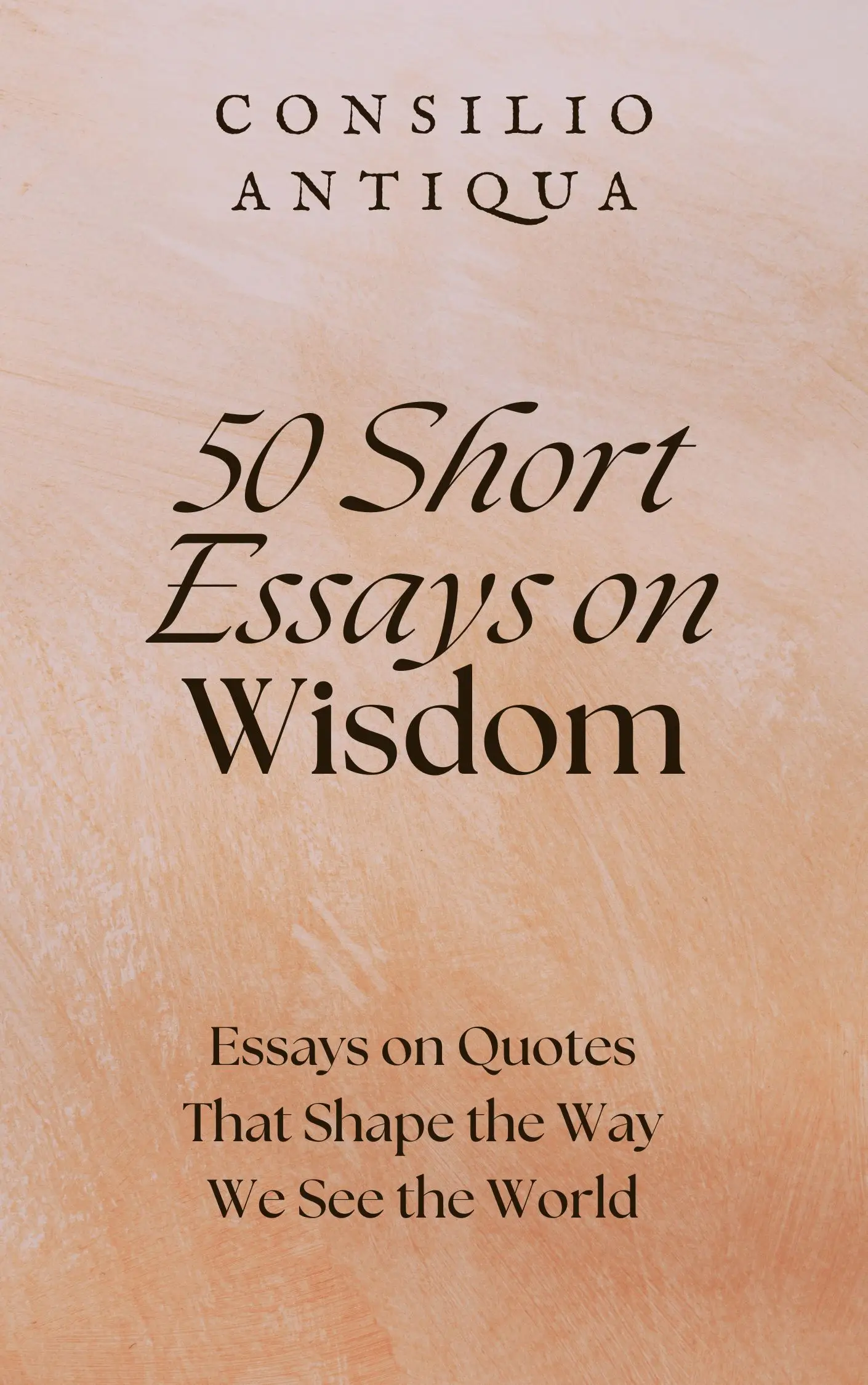
50 Short Essays on Wisdom | The Body's Whisper
The Body's Whisper
"Let food be thy medicine and medicine be thy food." - Hippocrates
My grandmother, a woman whose hands bore the map of a life lived close to the earth, rarely visited a doctor. Her remedies were drawn not from sterile vials, but from the vibrant tapestry of her garden: a poultice of comfrey for a bruise, chamomile tea for a restless mind, the sweet tang of wild berries to bolster a waning spirit. Her wisdom, passed down through generations, echoed the ancient dictum of Hippocrates: Let food be thy medicine. This essay explores the enduring relevance of this simple yet profound statement in our increasingly complex world.
Hippocrates, the "Father of Medicine," lived in ancient Greece during a time when the connection between diet and health was deeply understood. His teachings, collected in the Hippocratic Corpus, emphasized the importance of balance and moderation in all things, including diet. While lacking the scientific understanding of modern medicine, his observations were remarkably insightful. He recognized the power of natural foods to nourish the body and prevent disease, advocating for a diet rich in fruits, vegetables, and whole grains. This holistic approach contrasted sharply with the prevailing medical practices of the time, which often relied on bloodletting and other potentially harmful interventions. The emphasis on food as a fundamental element of health laid the groundwork for centuries of medical thought.
The core wisdom of Hippocrates' statement lies in its recognition of food's dual nature: it is both sustenance and medicine. Food provides the building blocks for a healthy body – the vitamins, minerals, and nutrients essential for cellular function and overall well-being. But it also possesses the power to heal and prevent disease. Certain foods contain compounds with medicinal properties, capable of combating inflammation, boosting immunity, and even preventing chronic illnesses. The enduring power of this wisdom stems from its inherent simplicity and its profound truth: our bodies are intricately connected to the food we consume. Neglecting this connection is to invite imbalance and disharmony.
In our modern world, saturated with processed foods, sugary drinks, and artificial additives, Hippocrates' wisdom feels more urgent than ever. The rise of chronic diseases like heart disease, type 2 diabetes, and certain cancers is inextricably linked to poor dietary choices. The abundance of readily available, highly palatable, yet nutritionally deficient foods has created an environment where many individuals struggle to maintain a healthy relationship with food. Furthermore, the pervasive stress of modern life further complicates matters, impacting our digestive systems and exacerbating the effects of poor diet. Applying Hippocrates' wisdom today requires a conscious effort to reconnect with whole, unprocessed foods, to cultivate mindful eating habits, and to prioritize stress reduction techniques.
How can we, in the face of modern challenges, truly heed Hippocrates' call? It begins with a shift in perspective – viewing food not merely as fuel, but as a source of nourishment, healing, and connection to the natural world. Consider the origin of your food; choose seasonal produce grown locally whenever possible. Cultivate a mindful approach to eating, savoring each bite and paying attention to your body's signals of hunger and satiety. Explore traditional cooking methods that preserve the nutritional integrity of ingredients. And remember that true health is not merely the absence of disease, but a state of vibrant well-being, nurtured by a harmonious relationship with food. What small steps can you take today to honor this ancient wisdom? What changes might you see in your body and your spirit?
Hippocrates' simple statement, "Let food be thy medicine and medicine be thy food," resonates across millennia. In a world increasingly disconnected from the natural rhythms of life, his wisdom offers a powerful reminder of the profound connection between our bodies and the food we consume. By embracing a mindful and balanced approach to nutrition, we can cultivate a state of vibrant health, honoring the wisdom of the ages and nurturing the well-being of our bodies and souls.
